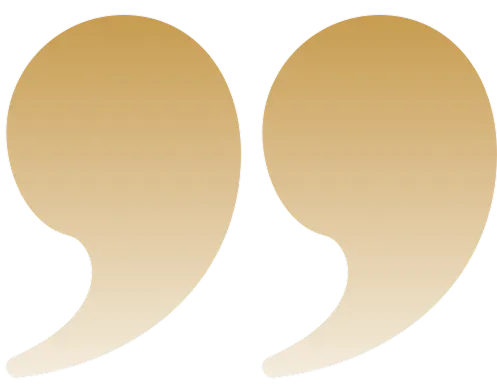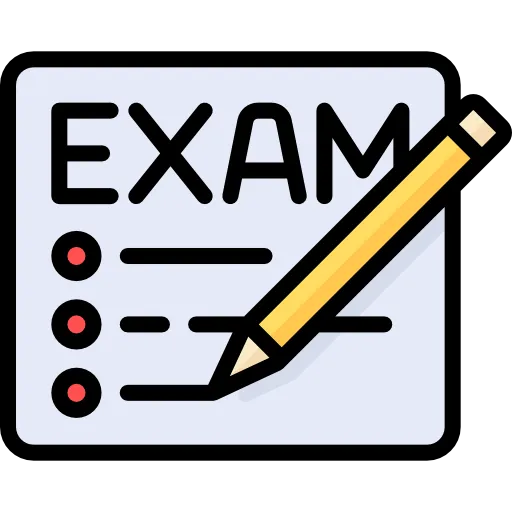A-Level Chemistry Tutoring



We will help your teen become the student they need to be in order to earn the A* in A-level Chemistry that they need to get to where they want to be.
We will help your teen achieve an A* in A-level Chemistry so that they can secure admission into an esteemed medical school and study at the university of their choice. This means that they can start the career that they deserve at a higher-than-average salary.
From Classroom to Success – Results Day 2024

Emma Davies:
“Erada, thank you so much! I’ve got an A in Chemistry, and I’m thrilled to say I’m off to medical school! Your lessons made all the difference!”

Emma Davies:
“Erada, thank you so much! I’ve got an A in Chemistry, and I’m thrilled to say I’m off to medical school! Your lessons made all the difference!”


Most of our students increase their course grades by 3 letter grades and attend the university of their choice, without going through clearance after working directly with us.


30%
A* - B Earned an A* - B grade on final exam

30%
Earned a grade 9 - 7 grade

40%
Exceeded predicted grade
Brashan Chemistry has expanded!
We now tutor the FIVE CORE SUBJECTS: Mathematics, English Language, Physics, Chemistry and Biology!

About Me
━ Teaching since 1986
My name is Dr Erada Oguntoye and I am the Founder of Brashan Chemistry.
I have a B.Sc, an M.Sc and Ph.D. in Chemistry, and a PGCE in Secondary Chemistry. My teaching career spans 30+ years and includes a combination of university-level, secondary, and A-level chemistry. During my teaching career, I have taught 5,000+ chemistry students and successfully supported many students to secure admission into prestigious medical schools.
I have a proven track record of helping students earn an A* on their A-level chemistry exams so they can attend the university of their choice. As head of Chemistry, the A-level result of my department rose from 17% to 67% A* to B grades, with my very first cohort!
I have an immense passion for working with my students online which is why I created my company, Brashan Chemistry. It allows me to work with students through distance learning on a national and international basis. I particularly enjoy celebrating student success in August of every year!
Contact
We believe that the best way to help a child become a qualified A-level chemist is to solve their problem with A-level chemistry holistically.
We concentrate on three key areas: strong core concepts, exam preparation, and a strong focus on content and motivation.

LEARN CORE CONCEPTS
PREPARE FOR EXAMS
STAY MOTIVATED
MISSION
Our Mission
Brashan Chemistry is different because we don’t provide students with a short-term solution to their current problem just before another problem arrives. Rather, we provide a holistic approach to learning A-level Chemistry so that students naturally develop into well qualified A-level chemists.
VISION
Our Vision
Have your child work directly with us for the next 90 days so they can focus on these 3 key trifecta: environment, habit and strategy. We know that if your child masters these three key areas they will unlock the secret to earning the A* grade that they want in A-level chemistry.
Our Services
━ Experts In Chemistry
YOUR CHILD CAN SPEND HOURS STUDYING AND REVISING A-LEVEL AND GCSE CORE SUBJECTS BUT…
To become a well-qualified student, first, they have to become a better student.
In-depth subject knowledge
Effective exam preparation
Strong study skills
Guidance from an experienced examiner

Core Concepts
Your child will get a thorough review of all of the core concepts in the course so that they gain a deep understanding of the topics which means that their grade will increase in the course.

Exam Preparation
Your child will learn the principles of effective exam preparation so that they are performing at their best on their tests and exams which means that their grade will reflect their understanding of the course material.

Focus And Motivation
Your child will learn how to accept constructive feedback from their teachers and how to bounce back from a poor test grade. They will also learn how to stay focused on their studies and remain motivated through the duration of the course.

Learn From The Comfort of Home!
━ Online Tutoring
Now is the chance for you to learn new tricks and tips for chemistry that you don’t like to study. We will be learning new concepts. Learning is the new best time for our students. So meet you there!
Catch up on my latest posts
Stay up to date with the latest tips & tools for A-level chemistry students.

Exams Results’ Day Anxiety?
Discover strategies and tips to manage your anxiety and make the most of your results day experience.Here are some common questions students have about dealing with anxiety on results day, along with practical answers to help you stay calm and focused.Try to keep...

Organic Chemistry Mastery Program – Brashan Chemistry
The Versatility of Grignard Reactions in Organic Synthesis Grignard reagents are pivotal compounds in the realm of organic chemistry, with a wide array of applications within organic synthesis. These reagents play a crucial role in addition reactions, showcasing...

Chemistry Tutoring Program – Mastering Organic Synthesis
The Versatility of Grignard Reactions in Organic Synthesis Grignard reagents are pivotal compounds in the realm of organic chemistry, with a wide array of applications within organic synthesis. These reagents play a crucial role in addition reactions, showcasing...
🚀Let’s Learn Together!
We Don’t Believe In Instant Or Guaranteed Result Programs. We Believe In Hard Work, Adding Value, And Serving Others. And That’s What Our Programs Are Designed To Help You Do.
As Stated By Law, We Can Not And Do Not Make Any Guarantees About Your Own Ability To Get Results With Our Ideas, Information, Programs, Or Strategies. We Don’t Know You, Besides, Your Results In Life Are Up To You. Agreed?
We’re Here To Help By Giving You Our Greatest Strategies To Move You Forward, Faster. However, Nothing On This Page Or Any Of Our Websites Or Emails Is A Promise Or Guarantee Of Future Success.
Any Results Showcased Here, Or On Any Of Our Sites Or Emails, Are Simply Projections Or Past Results, And Should Not Be Considered Exact, Actual Or As A Promise. If You Have Questions,
Email: [email protected]
Copyright © 2025 BRASHAN CHEMISTRY All rights reserved
This site is not a part of the YouTube, Bing Google or Facebook website; Google Inc, Microsoft INC or Meta Inc. Additionally, This site is NOT endorsed by YouTube, Google, Bing or Facebook in any way. FACEBOOK is a trademark of FACEBOOK, Inc. YOUTUBE is a trademark of GOOGLE Inc. BING is a trademark of MICROSOFT Inc.

Facebook
Instagram